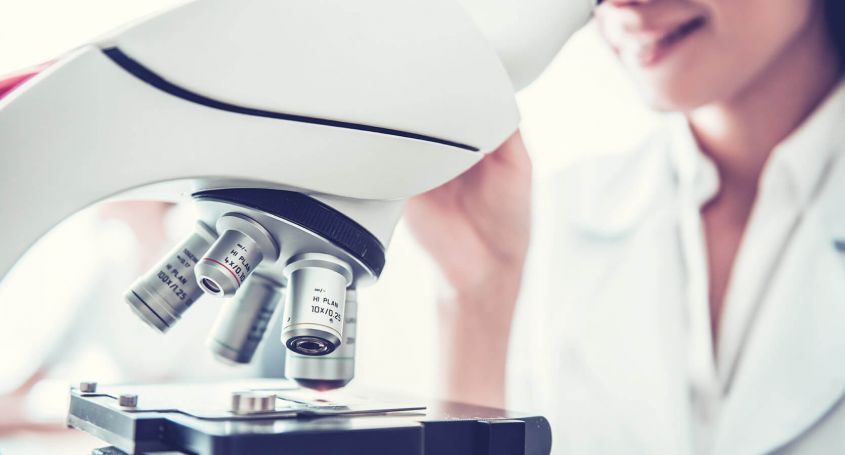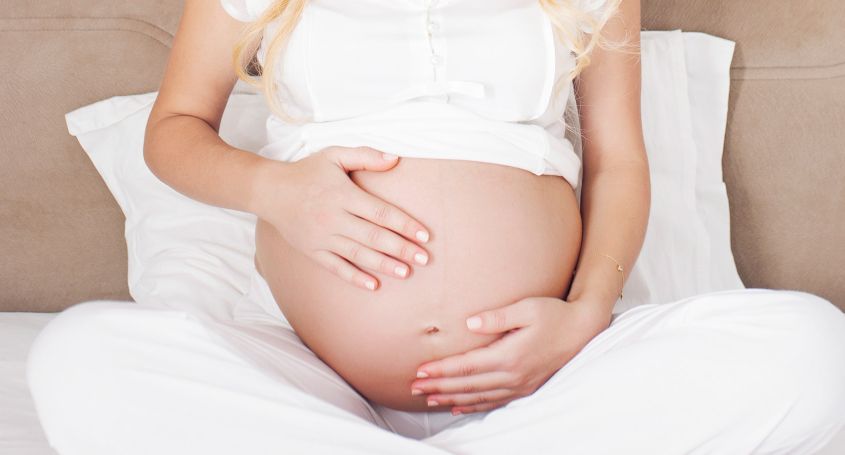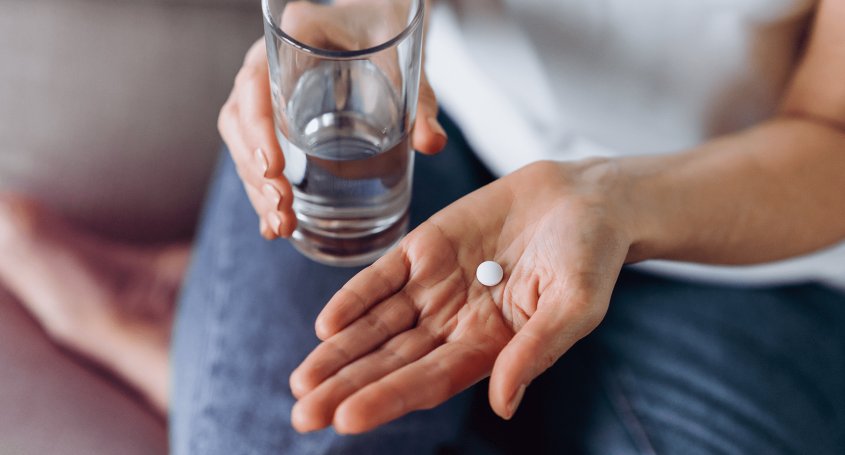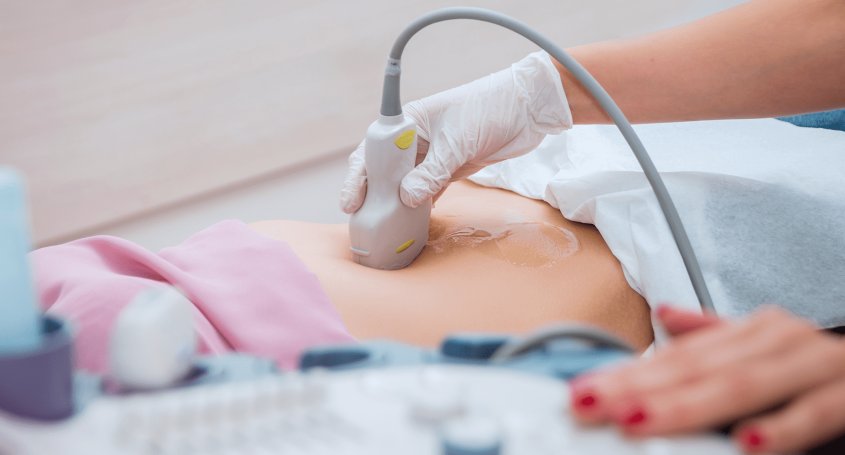A follicle is a small spherical structure inside the ovary where the egg matures. A follicle is filled with fluid, the follicular fluid, which is seen on an ultrasound scan of the ovary.
Follicular phase and ovulation
Each month, a variable number of follicles begin their growth in the ovary. In a natural menstrual cycle, only one follicle, the dominant one, will continue to grow and fill with follicular fluid, while the egg inside finishes maturing. Halfway through the cycle, after these two weeks of the so-called follicular phase of the cycle, the mature oocyte will rupture the follicle and be released into the fallopian tubes to be fertilized. This is ovulation. The rest of the follicles that began their growth but did not continue, will degenerate.
Ovarian stimulation
In an assisted reproduction cycle, this variable number of follicles, called antral follicles, will not stop growing. The hormones administered allow not just one dominant follicle, but all the follicles "recruited" at the beginning of the cycle to continue to grow and the eggs within them to mature. Follicles grow at an average rate of 2mm per day. Follicle size is important because it tells us that the egg inside the follicle has probably reached maturity. When one or more follicles are 18mm in size, follicular puncture is usually performed to obtain the eggs.
Ovarian hyperstimulation
Ovarian hyperstimulation syndrome is a serious complication due to an exaggerated response of the ovary to hormonal stimulation in assisted reproduction treatment. Nowadays, changes in the stimulation protocol and the freezing of embryos make it possible to avoid the syndrome in patients who could be susceptible to it, generally young patients with a high ovarian reserve .
Ovarian reserve
The ovarian reserve is the number of antral follicles that can be counted on ultrasound at the beginning of the cycle. Women are born with hundreds of thousands of follicles, which are lost over the years. At the beginning of puberty, only a small number of the follicles that were in the ovary at birth remain. From the first menstruation onwards and with each subsequent cycle, the ovary will recruit a small group of follicles, only one of which will contain the oocyte that will mature and ovulate. After a few decades, after reaching a certain age, a woman's ovarian reserve will have been depleted, there will no longer be as many follicles to recruit and they will be of increasingly poorer quality. This decline in ovarian reserve is the cause of age-related female infertility.















